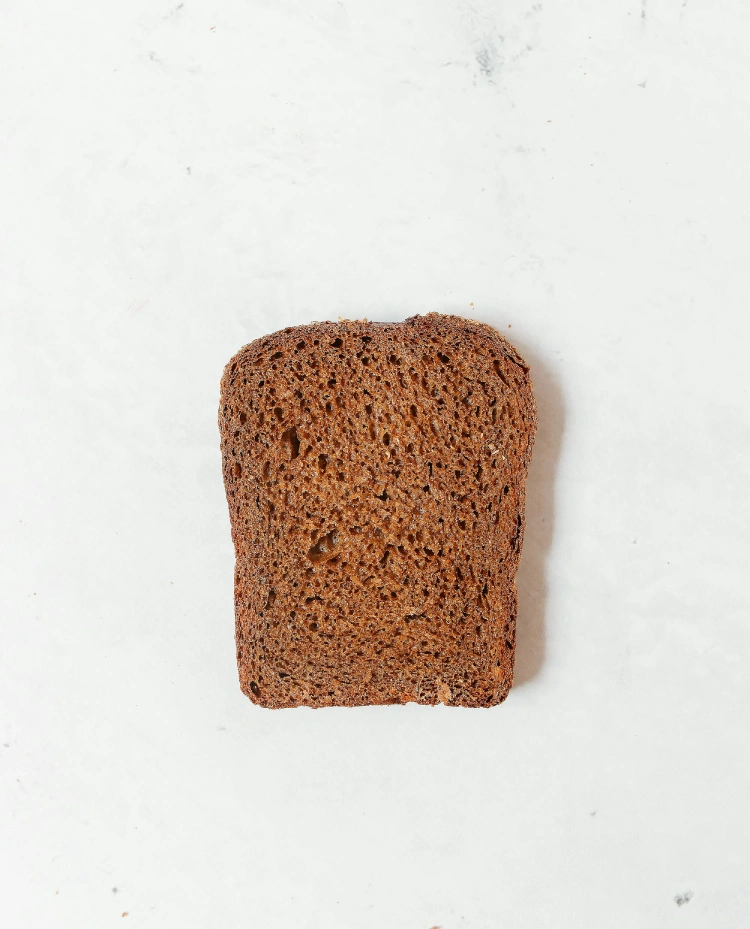Caring for Someone With Extreme Coeliac Disease
Coeliac disease is an autoimmune disorder. If you are caring for someone with it, knowing the right foods and how to prepare them is essential.
Celiac disease is a genetic issue that is triggered when a person eats gluten. This is a protein found in wheat, cereals, and grains.
It can be much worse than a simple gluten intolerance, as it attacks the bowel, causing a range of problems. So how do you care for someone with coeliac disease?

Table of Contents
An Overview of Celiac Disease
An autoimmune disorder, coeliac disease, is often passed on through genetics. The body reacts when it comes into contact with the protein gluten. Once ingested, the body will attack the gluten, damaging the lining of the small intestine.
This prevents the body from correctly absorbing nutrients from food.
In severe cases, this can cause issues like malnutrition, anaemia, and severe diarrhoea. As nutrients are not being absorbed, the body is not being fed, and this can have a knock-on effect, even causing psychological issues.
It can increase the chance of certain cancers and even cause osteoporosis later in life.
The worst outcome is a celiac crisis. This is when celiac disease goes untreated. The body becomes dehydrated, with abnormal levels of electrolytes. Without nutrients, it begins to cause multiple issues and can result in hospitalization.
Caring for Someone With Celiac Disease
Luckily, with the correct diet, celiac disease can be managed. It is not something a person would need constant care for.
However, you may have a family member, or you may be nursing someone with other issues, who has celiac disease.
When you become a home nurse, people’s dietary issues are something that will be vital to know. A home health nurse is responsible for visiting patients’ homes, often after hospital discharge, and for those with long-term care plans.
The American Nurse Association has said that there is an urgent need for these nurses.
Becoming one allows for greater flexibility than a nurse with fixed shift patterns and is ideal for those who like to forge personal connections with patients.
Rather than dealing with patients in a ward, a home health nurse drives between multiple patients in a single day.
However, they may only look after one person. Their jobs are many, including reviewing care plans, performing assessments, filling in documents, and performing general nursing duties.
Part of this may be giving medication and ensuring compliance with a gluten-free, coeliac diet.
You can become a home nurse by training online, meaning it can fit around your schedule and does not require visiting a college or university every day.
When you are caring for someone with celiac disease, or you have it yourself, knowing what foods you can and can not eat is essential.
A dietician may help in this instance, planning meals that are gluten-free. There are lots of supermarket alternatives; however, they can often be expensive.
There may be a way to access gluten-free foods through health insurance. This can often mean reimbursement for everyday items that contain gluten, like bread.
Look into this yourself, or check it for your family member or patient.
Tips on Dealing With Coeliac Disease
If you are caring for someone with coeliac disease, there are steps you can take to help them along. Firstly, it is important to understand that even a small amount of gluten can trigger a major response.
Keeping gluten products separated from non-gluten ones is very important. This may involve different preparation surfaces, such as a totally different toaster or grill.
You may even have to use different sauces and spreads if the forks are transferring crumbs from one to the other.
There is no treatment for coeliac disease. It is an autoimmune deficiency, and the only treatment is to eradicate gluten from the diet.
There are supplements available online that claim to reduce or eliminate the impact of gluten intolerance.
Do not use these, as they are not scientifically proven to do so and have no impact on coeliac sufferers at all.
Coeliac disease does impact certain demographics more than others. You are more likely to have it if you are Caucasian and female. However, this is just statistical, and it does impact everyone.
It is more likely to occur in people with certain chromosome disorders.
Thus, you may encounter it if you are treating patients who have Turner, Williams, or Down syndrome.
Other autoimmune disease sufferers are also likely to have it, such as Type 1 Diabetes, Addison’s disease, microscopic colitis, or rheumatoid arthritis.
Caring for someone with coeliac disease is not hard.
However, it does require a large number of small changes and forward planning. As a home care nurse or someone who is planning to train to become one, this knowledge is critical.
Brush up on your coeliac foods and preparation methods to best help your patients or family members.
